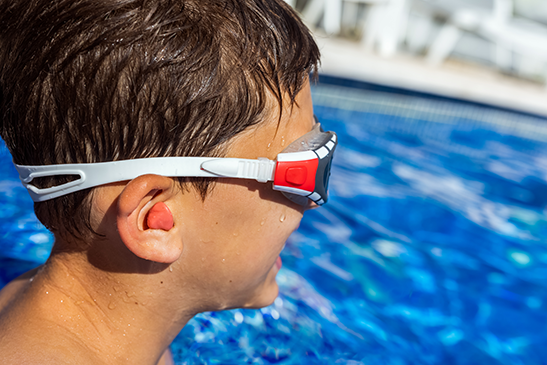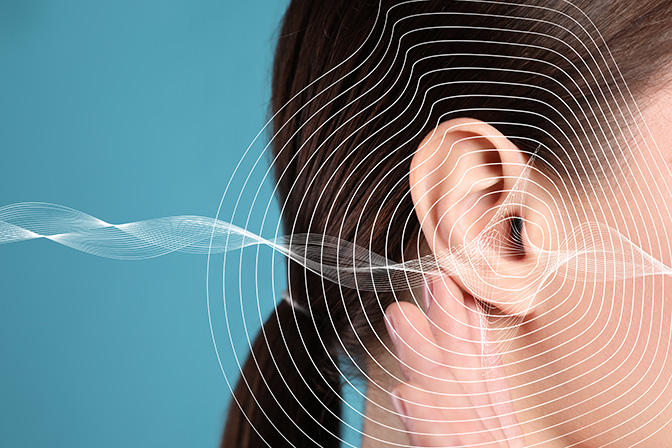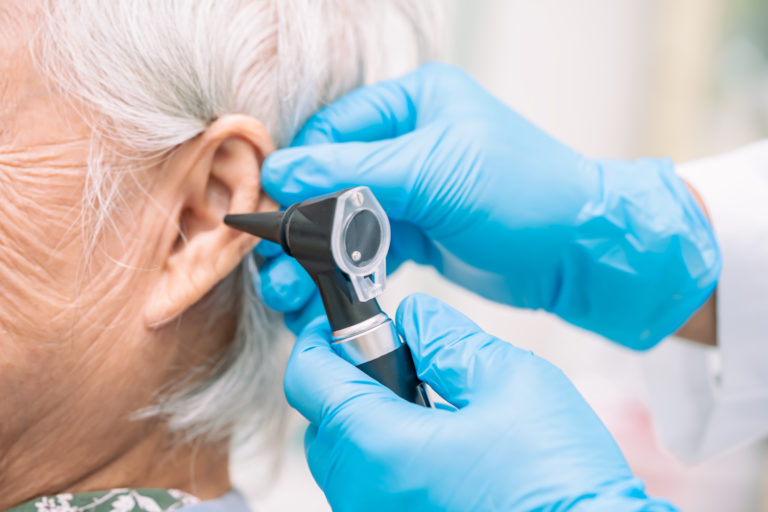Dr Chin Discusses the Understanding Swimmer’s Ear: Causes and Treatments
Discover what causes Swimmer’s ear, how it feels, and effective treatments to stop it. Get all the essential information in our detailed blog post.
Swimmer’s ear, also called otitis externa, is a common infection in the outer ear. It occurs when the ear canal becomes inflamed due to too much moisture. This usually happens after being in water, like while swimming. The infection can cause pain and swelling. Sometimes, it can even lead to temporary hearing loss.
What Starts Swimmer’s Ear
Causes of Swimmer’s Ear
The main problem is moisture in the ear canal. This moisture provides an ideal space for bacteria and fungi to thrive. Water stuck in the ear, which can happen from swimming, bathing, or humid weather, makes the skin less protected. As a result, the ear canal is more at risk for ear infections and fungal problems.
Other swimmer’s ear causes include:
- Irritation in the ear can happen from using headphones or hearing aids.
- Scratching the ear canal can occur when you use cotton swabs or your fingers.
- Coming into contact with dirty water can also cause problems.
These actions can lead to a scratching ear canal infection. This raises the risk of swimmer’s ear. It lets germs get into the skin.
How Swimmer’s Ear Feels
Recognising Swimmer’s Ear Symptoms
Many patients feel ear pain after swimming. They say it feels sharp or throbbing.
Other signs of swimmer’s ear include:
- Itching in the ear canal
- A swollen ear canal and nearby tissue
- Drainage from the ear that may be clear or yellowish
- A red and tender outer ear
- A sensation of fullness in the ear
- Hearing loss in the affected ear
Ear discomfort after swimming can become worse fast if you don’t treat it. This is true especially if it is due to fungus in the ear canal or harmful bacteria in the canal.
What Stops Swimmer’s Ear
Swimmer’s Ear Treatment Options
Effective care for swimmer’s ear often includes using ear drops. These drops work to reduce swelling and help fight infection.
- Prescription ear drops that have antibiotics or corticosteroids
- Over-the-counter ear drops for milder cases
- Home remedies such as vinegar and alcohol ear drops can help dry the canal and restore pH balance
For bacterial infections, doctors usually give antibiotics for ear infections. If a fungus is present, they might need to use antifungal medicines.
Prevention and ENT Advice
To stop swimmer’s ear, you need to keep your ears dry. You can use ear plugs when you swim. Also, dry your ears well after swimming. Doctors who focus on ears, noses, and throats suggest:
- Do not use cotton swabs or anything else in your ear.
- Follow the best practices for swimmer’s ear. A helpful tip is to dry your ears with a towel after swimming.
- Stay away from water if you have an infection to keep your ears safe in the pool.
ENT tips for swimmer’s ear say to keep your ears clean. Be careful in areas that can increase the risk of getting an ear infection from swimming.








